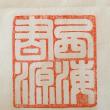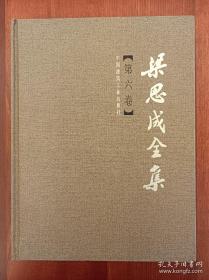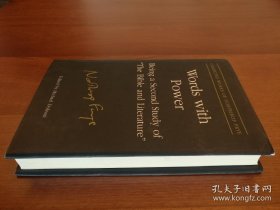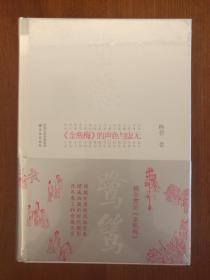
A Discourse on Inequality
¥ 65 八五品
仅1件
上海长宁
认证卖家担保交易快速发货售后保障
作者Jean-Jacques Rousseau (Author), Maurice Cranston (translator)
出版社Penguin Books
ISBN9780140444391
出版时间1984
装帧平装
页数187页
货号t2
上书时间2018-01-31
- 在售商品 暂无
- 平均发货时间 13小时
- 好评率 暂无
- 最新上架
商品详情
- 品相描述:八五品
- 书脊顶部有挤压破损,封底标签上方有小破口。
- 商品描述
-
In A Discourse on Inequality, Rousseau sets out to demonstrate how the growth of civilization corrupts man’s natural happiness and freedom by creating artificial inequalities of wealth, power and social privilege. Contending that primitive man was equal to his fellows, Rousseau believed that as societies become more sophisticated, the strongest and most intelligent members of the community gain an unnatural advantage over their weaker brethren, and that constitutions set up to rectify these imbalances through peace and justice in fact do nothing but perpetuate them. Rousseau’s political and social arguments in the Discourse were a hugely influential denunciation of the social conditions of his time and one of the most revolutionary documents of the eighteenth century.
Translated with an introduction and notes by Maurice Cranston.
JeanJacques Rousseau (1712 to 1778) is the author of numerous political and philosophical texts as well as entries on music for Diderot's Encyclopédie and the novels La nouvelle Héloïse and Émile.
— 没有更多了 —




















以下为对购买帮助不大的评价